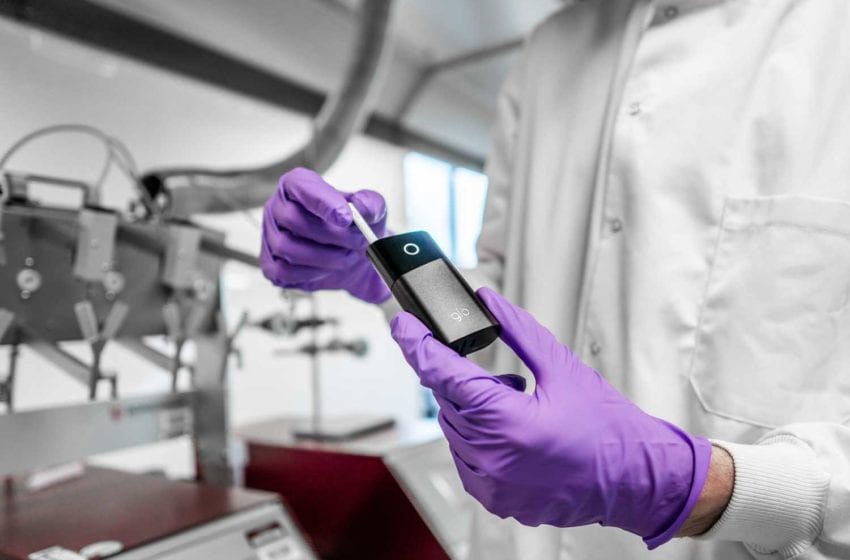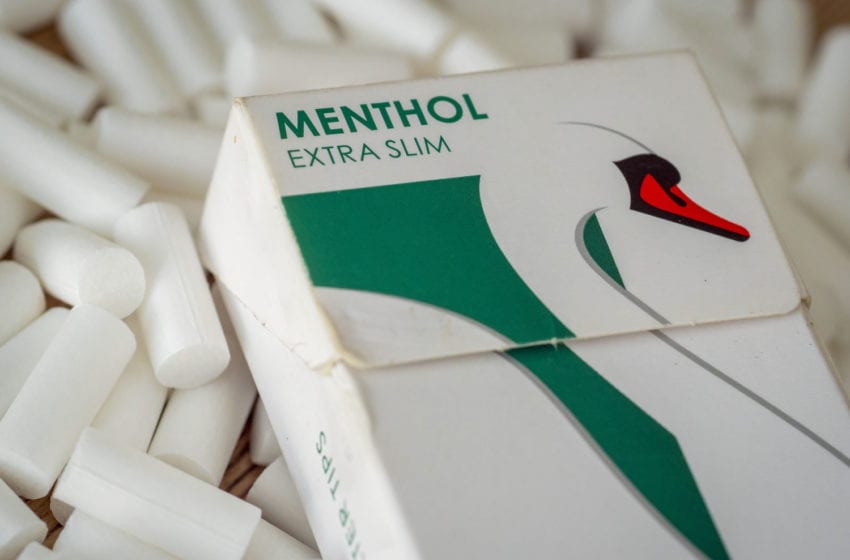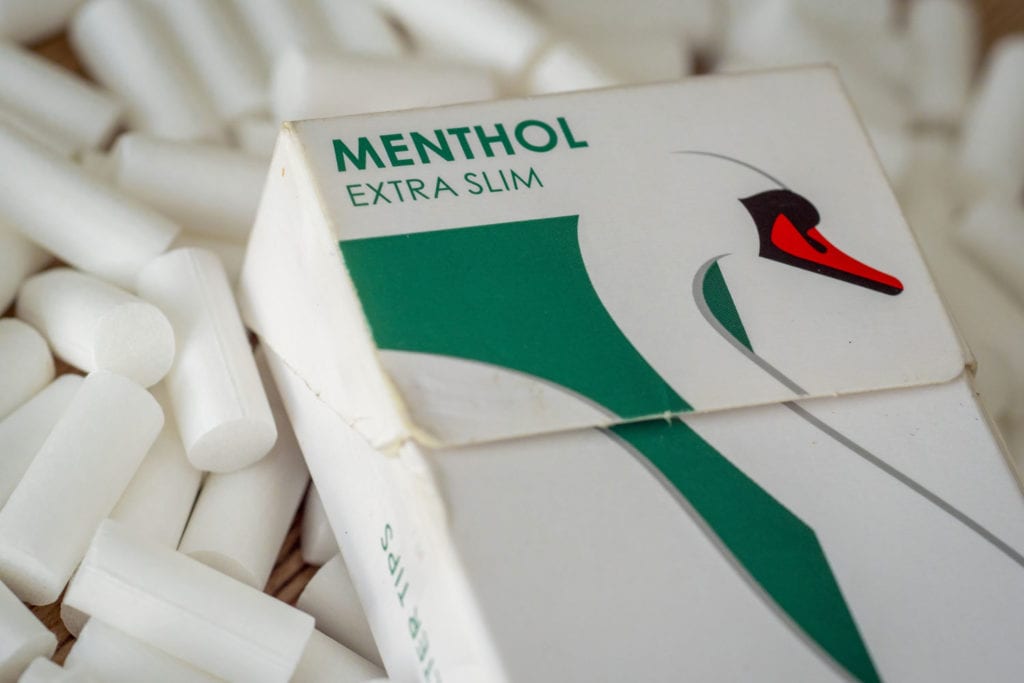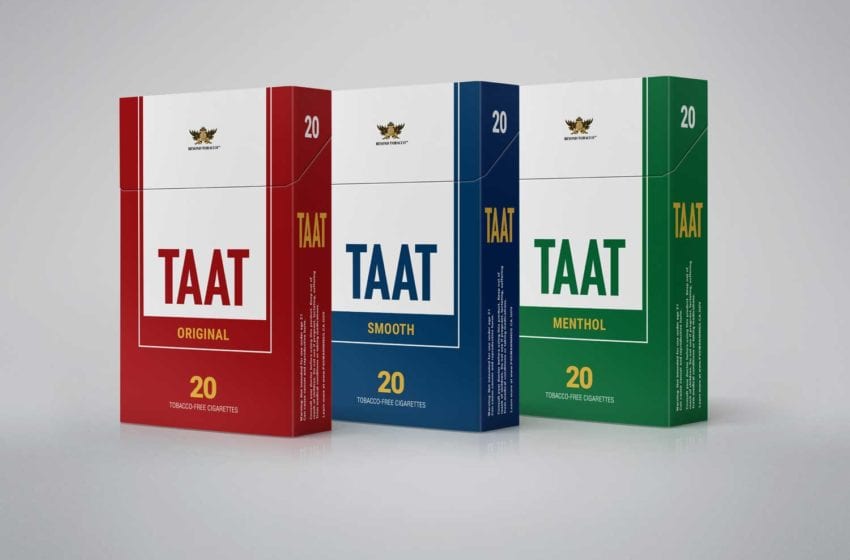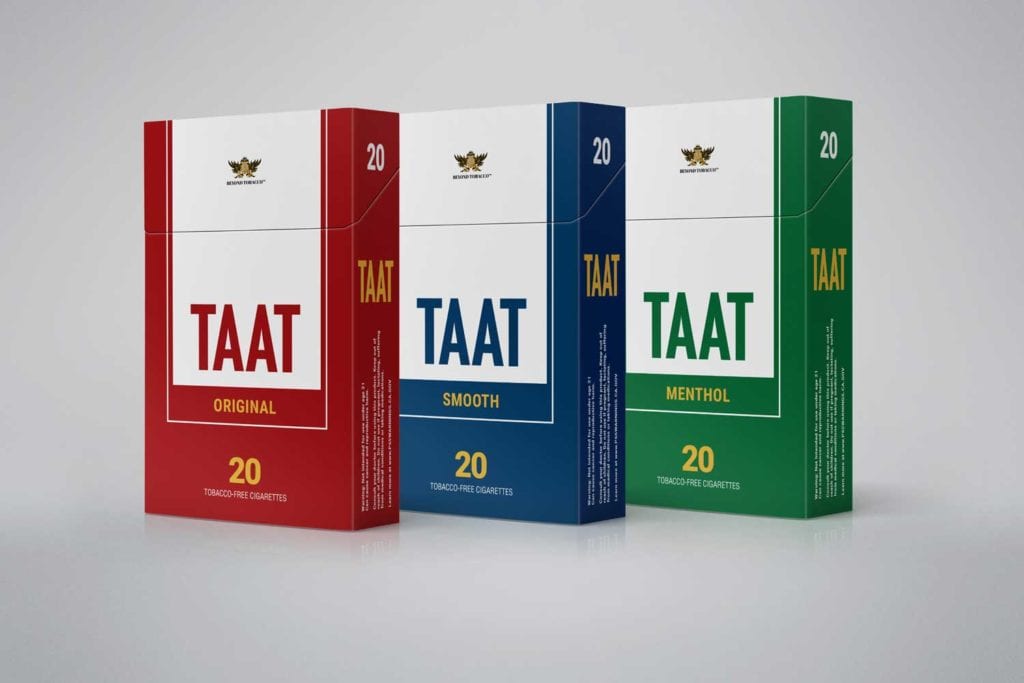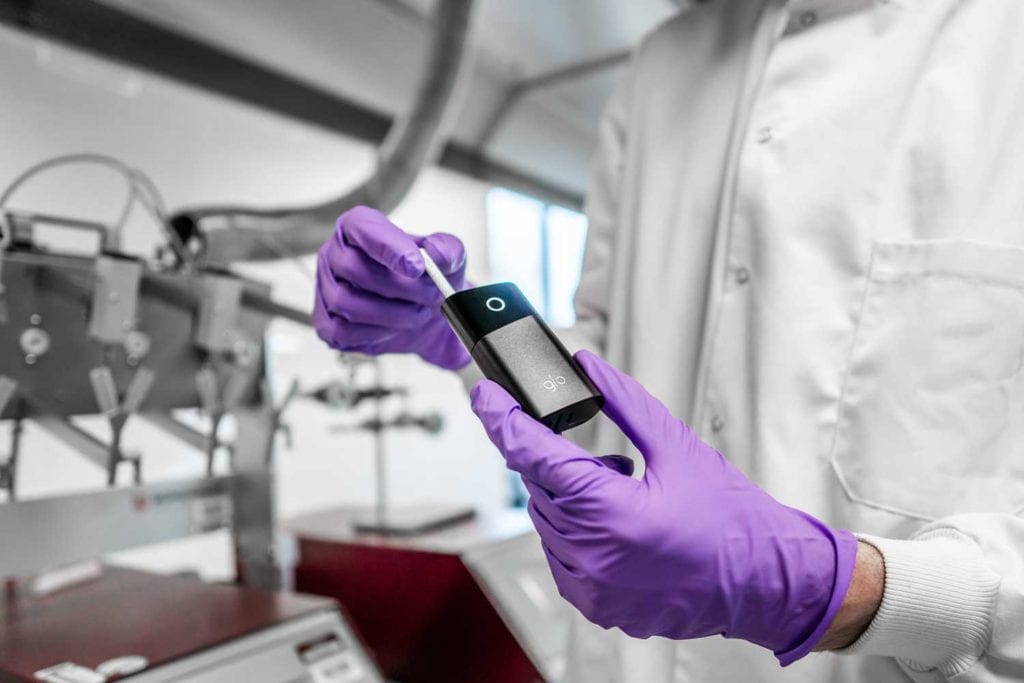
New research published today in Internal and Emergency Medicine provides the first real-world evidence that people switching from cigarettes to exclusive use of glo, BAT’s flagship tobacco-heating product (THP), can significantly reduce their exposure to certain toxicants and indicators of potential harm related to several smoking-related diseases compared with continuing to smoke.
The results, recorded at six months of a 12-month study, showed that switching completely to glo resulted in statistically significant changes across a range of “biomarkers of exposure” (BoE) and indicators of potential harm, known as “biomarkers of potential harm” (BoPH), compared with continuing to smoke.
For most biomarkers measured, the reductions seen in people using glo were similar to those in participants who stopped smoking completely.
Based on the toxicants measured, glo users showed a:
- Significant reduction in a biomarker for lung cancer risk;
- Significant reduction in white blood cell count, an inflammatory marker indicative of cardiovascular disease (CVD) risk and other smoking-related diseases;
- Improvement in HDL cholesterol associated with reduced risk of CVD;
- Improvements in two key indicators of lung health; and
- Improvement in a key indicator of oxidative stress, a process implicated in several smoking-related diseases, such as CVD and hypertension.
“These are exciting results as they allow us to understand the potential for reduction of risk that switching completely to glo can deliver,” said David O’Reilly, director of scientific research at BAT, in a statement. “The study shows that smokers switching to glo can reduce their exposure to certain toxicants, which reduces their risk of developing certain smoking-related diseases.
“To have shown a significant reduction in measures of BoPH, some comparable to quitting completely, is very encouraging and provides further scientific substantiation of the harm reduction potential of glo and how it supports our ambition to build ‘A Better Tomorrow’ by reducing the health impact of our business.”
Read more about BAT’s glo trial in Tobacco Reporter’s July 2021 issue.

